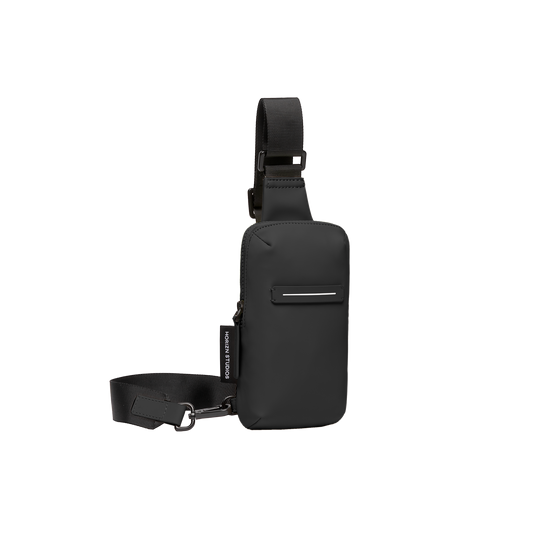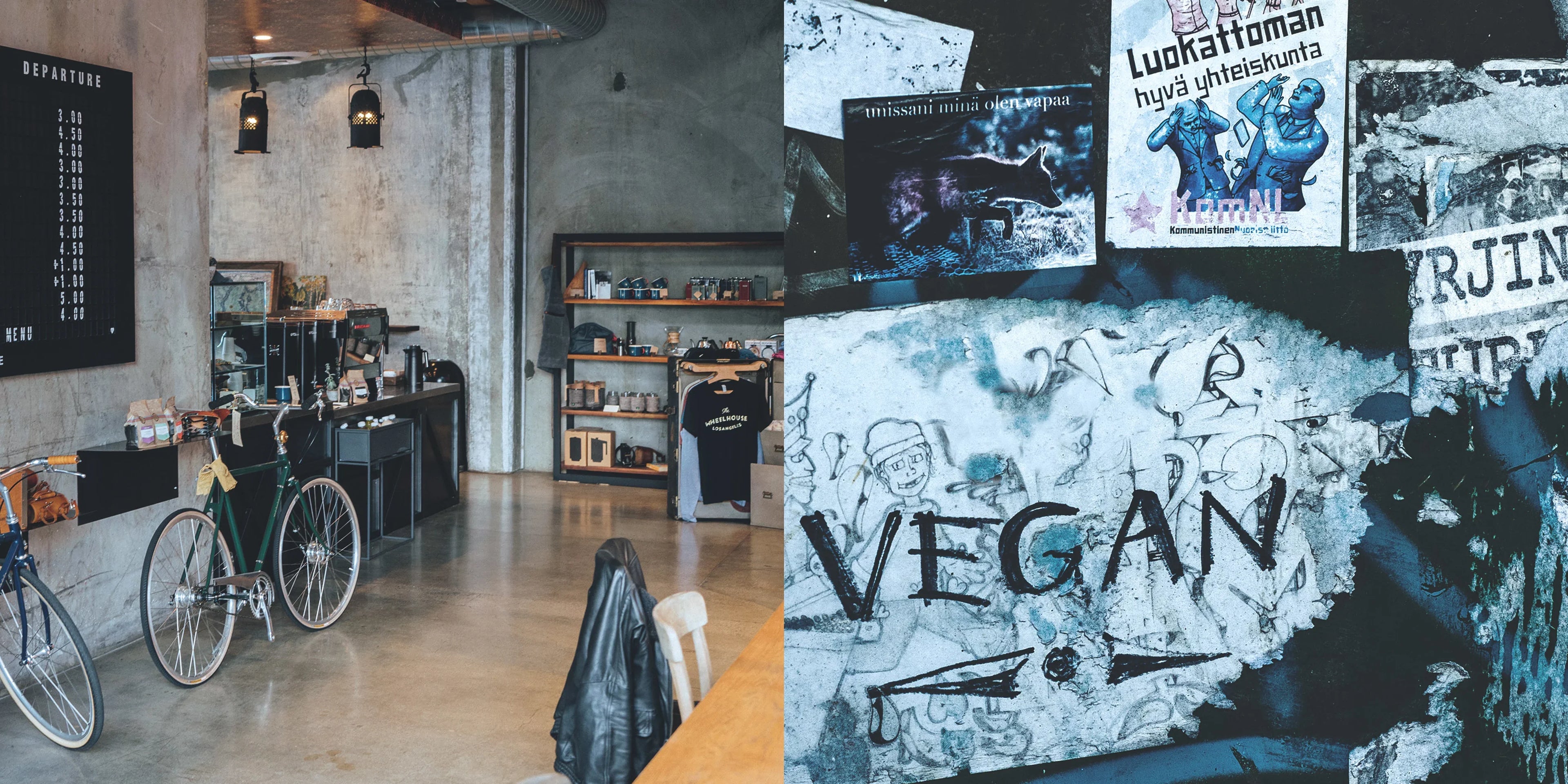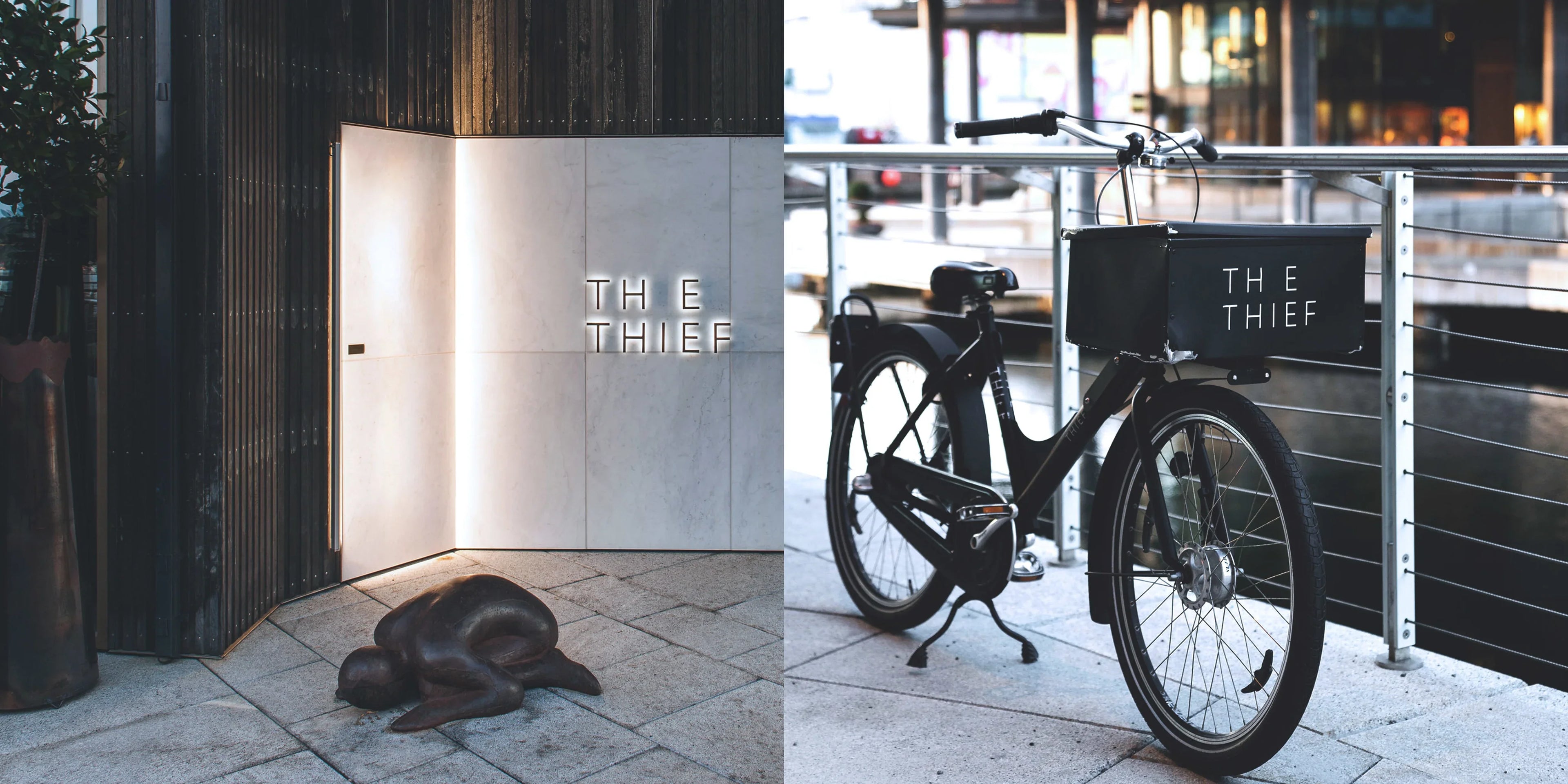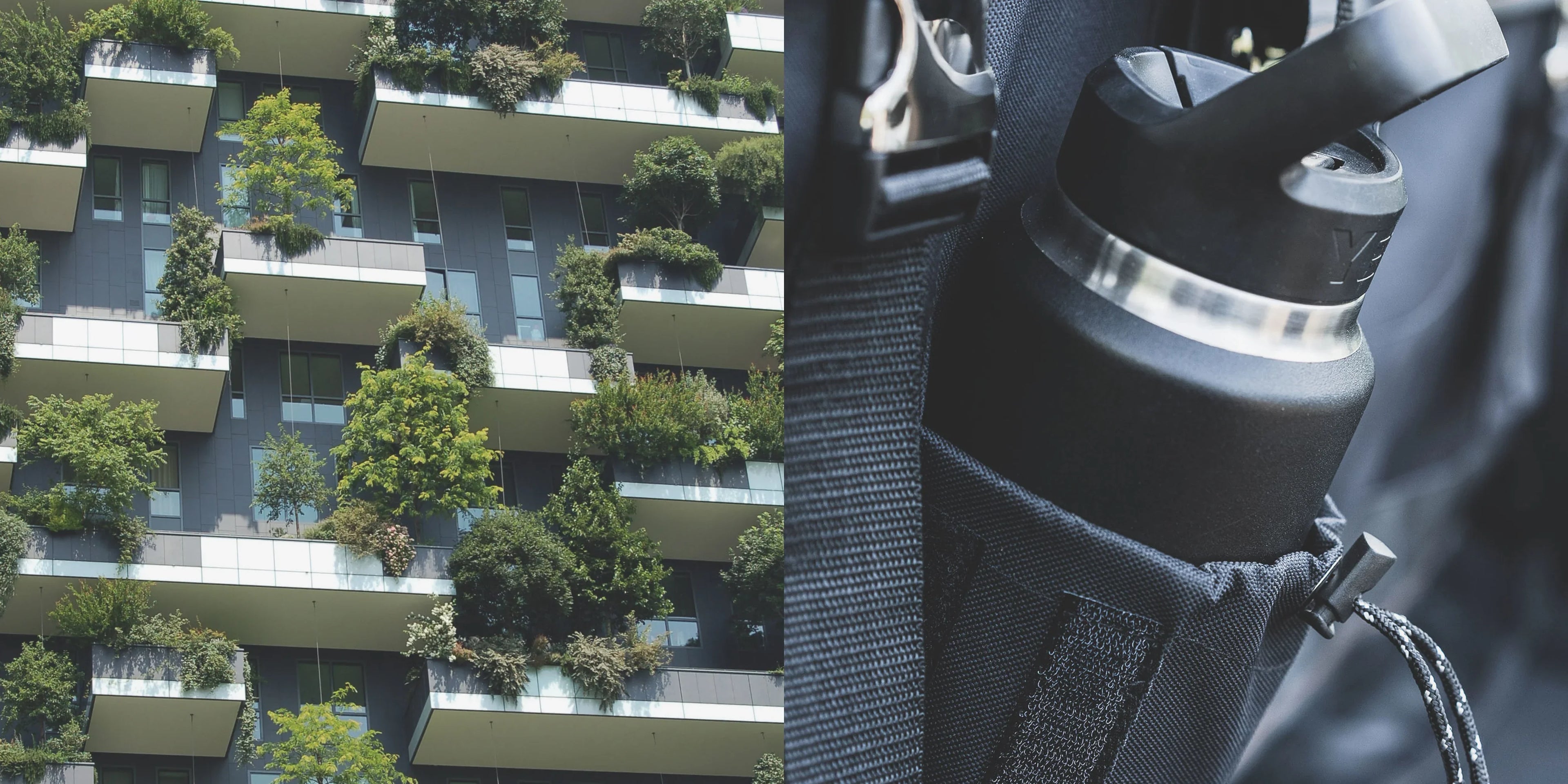6. Protect natural resources
Even in reputable souvenir shops, avoid buying anything made of rare or natural materials. This includes coral, ivory and anything else for which natural habitats have been destroyed or animals hunted. Buying these sorts of souvenirs supports these industries, so refer to this handy Souvenir Guide by WWF to help you make ethical, sustainable purchases.
It seems pretty obvious, but it still hasn’t registered with everyone: dispose of your rubbish properly – especially on the beach, in national parks, etc. Travelling sustainably means leaving the environment in the same – or better – condition than you found it. Also good practice for when we’re back home.
7. Save plastic and electricity
Travelling in hot countries presents two problems: staying hydrated and air-conditioning. Drinking lots of water is important, but buying water in plastic bottles is hugely wasteful. The easiest solution is your own reusable bottle. Even though tap water isn’t fit for human consumption in every country, you will still find opportunities to refilling with drinking water; or buy a water bottle with an integrated filter. Et voilà! You will even save money!
And what about the aforementioned air-conditioning? In many countries it simply isn’t an option if you hope to sleep at night. Air-conditioning systems, as well as electric fans, are power guzzlers. So if you really need to use them, do so thoughtfully, which would be when you are actually in your room.
Why is sustainable travel important?
By following these seven tips, you can make a significant contribution toward a protecting the environment. Together, with just a few easy adaptations and a little bit more mindfulness, we can make leaps and bounds towards a sustainable future. The best part is that you don’t have to stop travelling.















